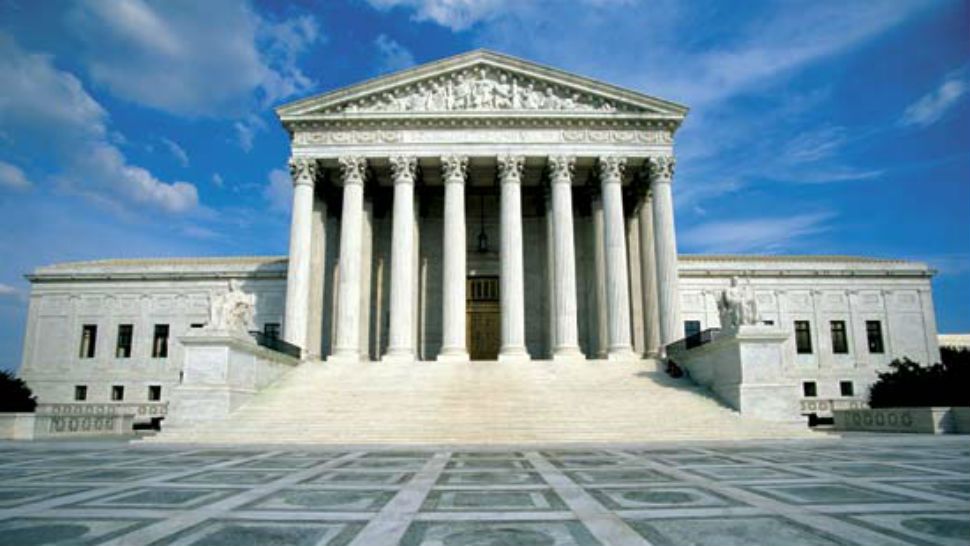WASHINGTON -- States can collect sales tax from online retailers -- even if they don't have a physical presence in the state.
That's the new ruling from the U.S. Supreme Court, and it may change the way online retailers do business.
In a 5-4 split, the Supreme Court overturned a 1992 ruling that found businesses can only be forced to collect sales taxes in states that have physical presence, such as Amazon.
The court said that ruling is out of date in the internet era.
The state of South Dakota argued that the physical presence rule has prevented the people who still have a presence in the state, like a brick and mortar store from being on a level playing field with internet retailers.
Attorneys said they get an advantage by not having to charge sales taxes, therefore what they sell can be cheaper.
In 2017, about 9 percent of total sales in the U.S. were made online, which means a lot of lost tax dollars for state and local governments, up to $13 billion a year, according to the General Accounting Office.
The Supreme Court is opening the door to this now.
It is important to note that a lot of large internet retailers like Amazon already charge sales tax.
But, smaller companies, those who do business on Amazon Marketplace, Ebay and Etsy, may now have to charge sales taxes. The specifics of that have yet to be determined.



